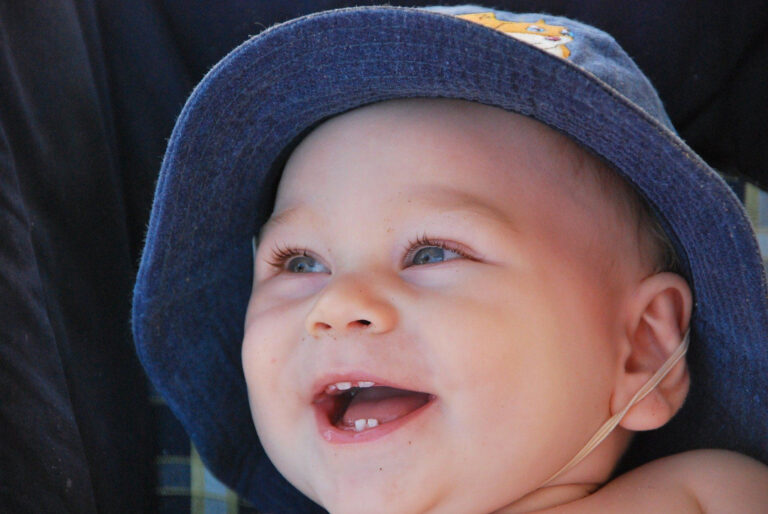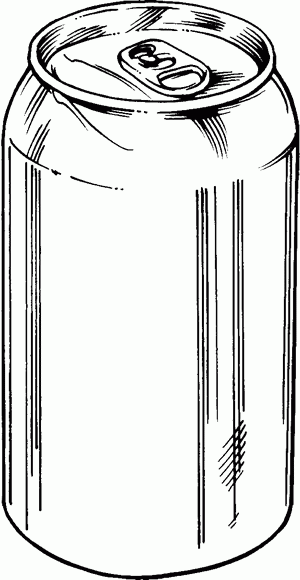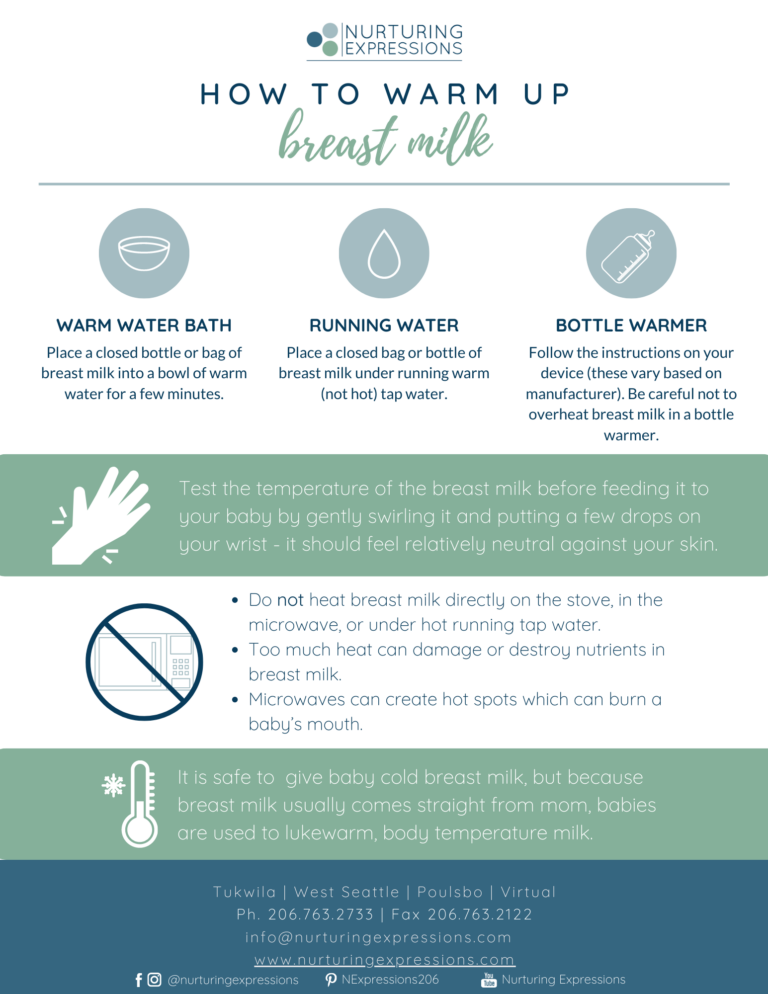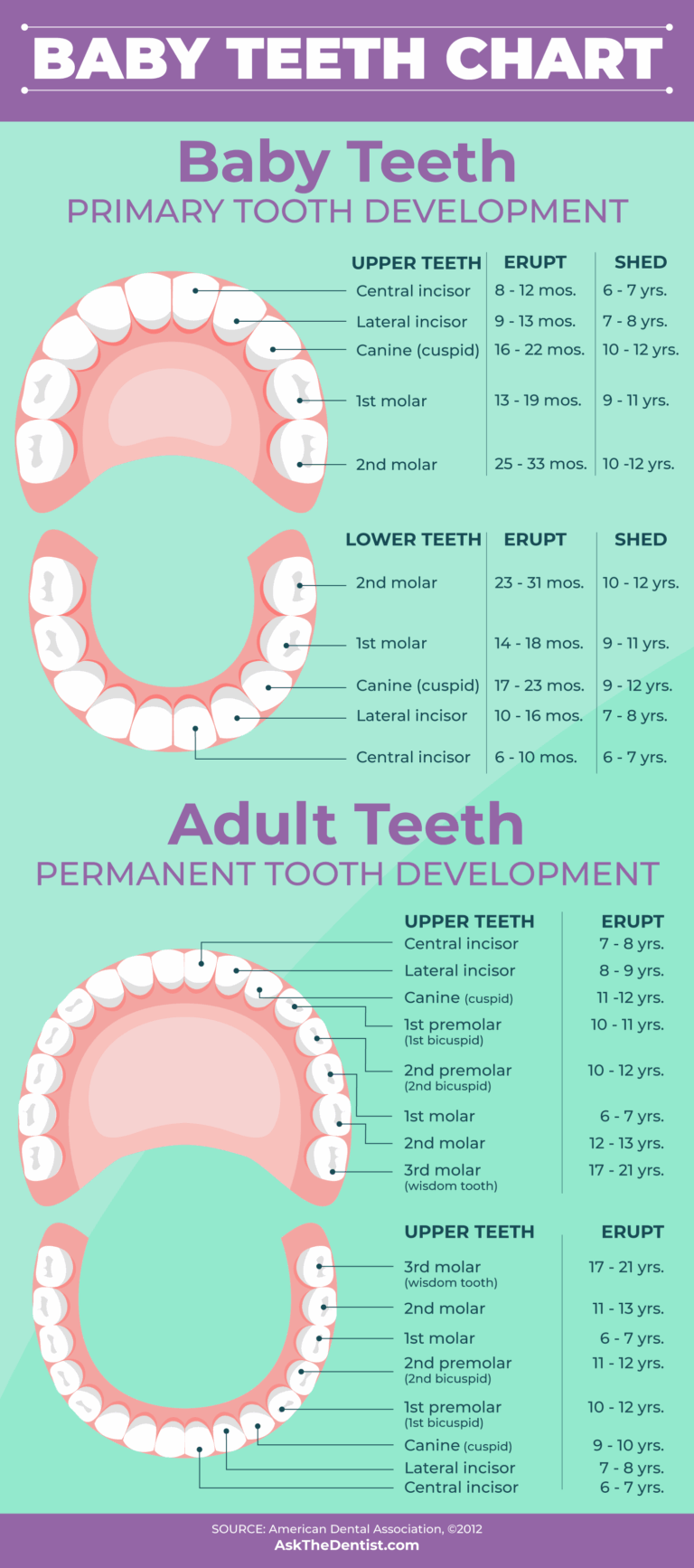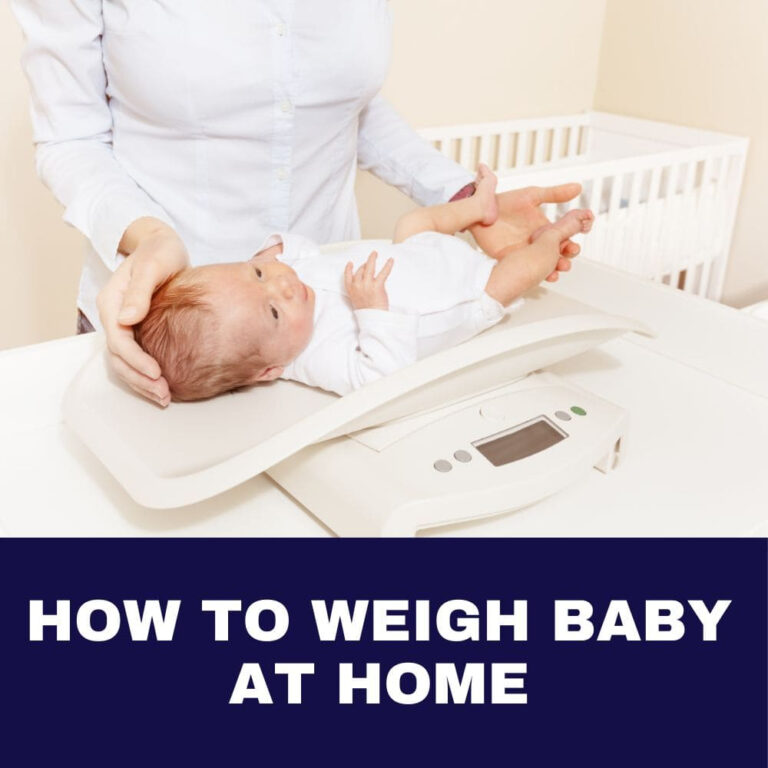How Many Calories Do I Burn When I Breastfeed: A Comprehensive Guide
Breastfeeding is an incredibly rewarding experience, but it can also be physically demanding. Many new mothers wonder how many calories they burn while breastfeeding, and whether they need to adjust their diet or lifestyle to accommodate the increased energy expenditure.
This comprehensive guide will delve into the science behind calorie burn during breastfeeding, discussing the metabolic changes, nutritional considerations, and lifestyle modifications that can help breastfeeding mothers optimize their health and well-being.
Calorie Expenditure During Breastfeeding
Breastfeeding is a demanding process that requires significant energy expenditure. This is because the production of breast milk requires the body to burn calories.
Metabolic Changes During Breastfeeding
During breastfeeding, several metabolic changes occur to support the increased energy needs:
- Increased prolactin levels: Prolactin is a hormone that stimulates milk production. It also increases the body’s metabolic rate, leading to increased calorie expenditure.
- Increased oxygen consumption: Breastfeeding mothers have a higher oxygen consumption than non-breastfeeding mothers. This is because oxygen is required for the production of breast milk.
- Increased blood flow: Breastfeeding mothers have increased blood flow to the breasts. This is necessary to deliver the nutrients and oxygen required for milk production.
Calorie Needs for Breastfeeding Mothers
Breastfeeding mothers have increased calorie needs to support milk production and maintain their own health. The recommended daily calorie intake varies depending on several factors, including age, activity level, and milk production.
Generally, breastfeeding mothers need approximately 500 additional calories per day during the first 6 months of breastfeeding. This number may increase to 700 additional calories per day for mothers who are exclusively breastfeeding or have a high milk production.
Factors Influencing Calorie Needs
- Age: Younger mothers tend to have higher calorie needs than older mothers.
- Activity level: Active mothers need more calories than sedentary mothers.
- Milk production: Mothers who produce more milk require more calories.
Methods for Estimating Calorie Burn
There are several methods for estimating calorie burn during breastfeeding, each with its advantages and disadvantages.
Doubly Labeled Water Method
The doubly labeled water method is a highly accurate method for measuring calorie expenditure over a period of several days. It involves drinking water that is labeled with two different isotopes of water (deuterium and oxygen-18). The isotopes are eliminated from the body at different rates, and the difference in their elimination rates can be used to calculate the rate of carbon dioxide production, which is then used to estimate calorie expenditure.
The doubly labeled water method is considered the gold standard for measuring calorie expenditure, but it is also expensive and time-consuming.
Indirect Calorimetry
Indirect calorimetry is another method for measuring calorie expenditure. It involves measuring the amount of oxygen consumed and carbon dioxide produced by the body over a period of time. This information can then be used to calculate the rate of calorie expenditure.
Indirect calorimetry is less accurate than the doubly labeled water method, but it is also less expensive and time-consuming. It can be used to measure calorie expenditure over a period of several hours or days.
Factors Affecting Calorie Burn
The number of calories burned while breastfeeding is not fixed and can vary depending on several factors. These include:
Frequency and Duration of Feedings
The more frequently and for longer periods a mother breastfeeds, the more calories she will burn. This is because the body expends energy to produce milk and to maintain the milk supply.
Age of the Baby
As a baby grows, its milk intake and the energy required to produce that milk increase. Therefore, mothers of older babies burn more calories while breastfeeding compared to mothers of younger babies.
Composition of Breast Milk
The composition of breast milk changes over time to meet the nutritional needs of the baby. Colostrum, the first milk produced after birth, is high in calories and fat. As the baby grows, the milk becomes less calorific and contains more carbohydrates.
Nutritional Considerations

Breastfeeding mothers have increased nutritional needs to support both themselves and their growing babies. A balanced diet is essential to ensure adequate intake of essential nutrients.
Protein
Protein is crucial for tissue growth and repair. Breastfeeding mothers require approximately 1.5-2 grams of protein per kilogram of body weight daily. Good protein sources include lean meats, poultry, fish, beans, lentils, and nuts.
Carbohydrates
Carbohydrates provide energy for both the mother and the baby. Whole grains, fruits, and vegetables are excellent sources of complex carbohydrates. Aim for 45-65% of daily calories from carbohydrates.
Fats
Fats are essential for brain development and hormone production. Choose healthy fats from sources such as avocados, nuts, seeds, and fatty fish. Aim for 20-35% of daily calories from fats.
Vitamins and Minerals
Breastfeeding mothers have increased needs for certain vitamins and minerals, including iron, calcium, vitamin D, and vitamin B12. Consult a healthcare professional for specific recommendations based on individual needs.
Lifestyle Modifications
To enhance calorie burn while breastfeeding, certain lifestyle adjustments can be beneficial. Regular physical activity and sufficient sleep are two key factors that contribute to overall health and well-being for breastfeeding mothers.
Regular Physical Activity
Incorporating physical activity into your routine can significantly boost calorie expenditure. Engage in moderate-intensity exercises like brisk walking, swimming, or cycling for at least 150 minutes per week. These activities help increase your heart rate and burn calories, contributing to your overall calorie burn.
Adequate Sleep
Getting enough sleep is crucial for breastfeeding mothers. Aim for 7-9 hours of quality sleep each night. Sleep deprivation can lead to hormonal imbalances, which can affect your metabolism and make it harder to burn calories. Prioritizing sleep allows your body to rest and recover, supporting your overall health and calorie burn.
Special Considerations
Breastfeeding mothers with certain medical conditions require special attention to ensure their calorie needs are met. These conditions can impact metabolism and energy expenditure, necessitating adjustments to their dietary intake.
Diabetes
Diabetes affects how the body processes glucose, potentially leading to insulin resistance and high blood sugar levels. Breastfeeding mothers with diabetes need to closely monitor their blood sugar levels and adjust their insulin doses accordingly. They may also require additional calories to support milk production and prevent hypoglycemia.
Thyroid Issues
Thyroid problems, such as hypothyroidism or hyperthyroidism, can affect metabolism and calorie expenditure. Hypothyroidism can slow down metabolism, leading to weight gain and increased calorie needs. Conversely, hyperthyroidism can speed up metabolism, resulting in weight loss and decreased calorie requirements. Breastfeeding mothers with thyroid issues should consult with their healthcare providers to determine appropriate calorie adjustments.
FAQ Corner
How many calories do I burn breastfeeding per day?
The number of calories burned breastfeeding varies depending on factors such as the frequency and duration of feedings, the age of the baby, and the composition of breast milk. On average, breastfeeding mothers burn an additional 300-500 calories per day.
Do I need to eat more calories while breastfeeding?
Yes, breastfeeding mothers need to increase their daily calorie intake to support the increased energy demands. The recommended daily calorie intake for breastfeeding mothers is 1,800-2,200 calories per day.
What foods should I eat while breastfeeding?
Breastfeeding mothers should eat a balanced diet that includes plenty of fruits, vegetables, whole grains, and lean protein. It is also important to stay hydrated by drinking plenty of fluids.
Can I exercise while breastfeeding?
Yes, breastfeeding mothers can exercise. However, it is important to start slowly and gradually increase the intensity and duration of exercise as tolerated. It is also important to listen to your body and rest when needed.
